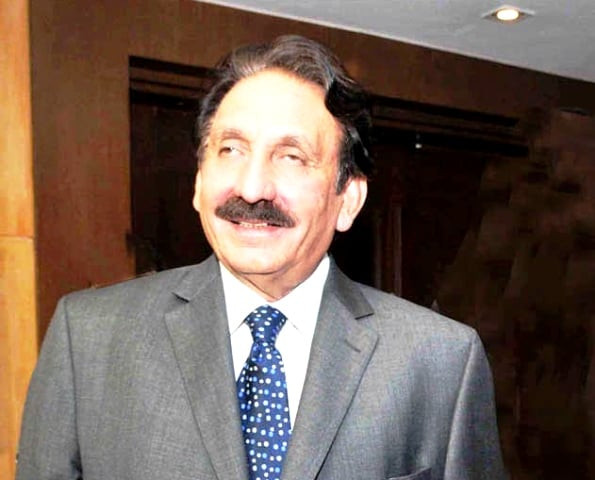
Every judge makes decisions according to his conscience and is responsible for his actions, observed Chief Justice Iftikhar Muhammad Chaudhary, during the hearing of the presidential reference for revisiting the death-by-hanging verdict awarded to Zulfikar Ali Bhutto. “Repentance is an individual act; the judiciary cannot apologise for individuals.”
The judiciary as an institution should regret awarding the death penalty to ZA Bhutto, argued Dr Babar Awan, counsel for President Asif Ali Zardari. Awan contended that repentance should not be restricted to individuals, before the eleven-member larger bench headed by the chief justice. “If an institution can commit an error, why can’t it repent?” No one is above the law. “If that is so, why were DG Rangers and IGP Sindh removed for Sarfraz Shah’s murder in Karachi which was committed by a subordinate?” he argued. Former chief justice of the apex court Justice (retd) Naseem Hassan Shah regretted the verdict in his book, “Memoirs and Reflections”. It is a classic example.”
Should the court express repentance? Justice Nasirul Mulk asked. The President’s counsel replied, “Absolutely. The court should regret its verdict.” Seven judges of the Supreme Court dismissed ZA Bhutto’s review appeal for which they were individually responsible. “You would like the incumbent judiciary to repent their decision to uphold the death sentence,” the chief justice observed. Justice Naseem regretted his decision after retirement.
The counsel sought the Supreme Court’s opinion on legal questions raised in the reference. He enquired whether the former chief justice of Lahore High Court was biased against ZA Bhutto. He quoted the cases of Joan of Arc and Galileo and contended that they were declared innocent after the sentences were handed down. “Joan of Arc was declared innocent by the Pope and not by a court of law,” the chief justice remarked. “We want to strengthen the Constitution, the law and the institutions. Parliament has pardoned many other people, he said referring to the presidential pardon. “We want to strengthen the parliament which can legislate to refer cases to the apex court and implement the law.”
People blame us for not being able to protect the author of the 1973 constitution, Awan submitted. He asked the bench whether Bhutto was awarded the death sentence in accordance with Islamic law.
The court remarked that ZA Bhutto’s sentence was in accordance with the constitution and the law as the co-accused could also be penalised. Awan contended that the co-accused could be sentenced to life imprisonment, but he could not be sentenced to death. If a judge has committed any wrong, it must be condoned irrespective of any consideration, he argued. The hearing has been adjourned for Tuesday (today).
Published in The Express Tribune, June 28th, 2011.

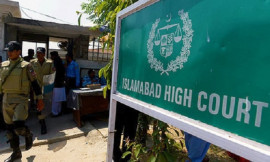


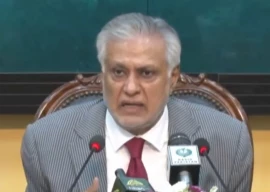
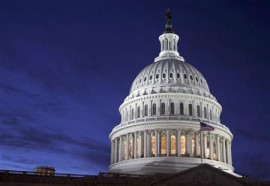


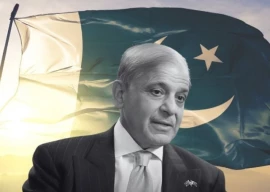









COMMENTS
Comments are moderated and generally will be posted if they are on-topic and not abusive.
For more information, please see our Comments FAQ